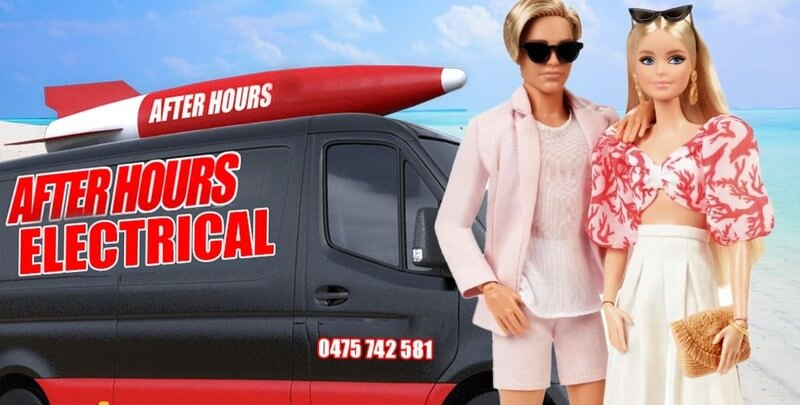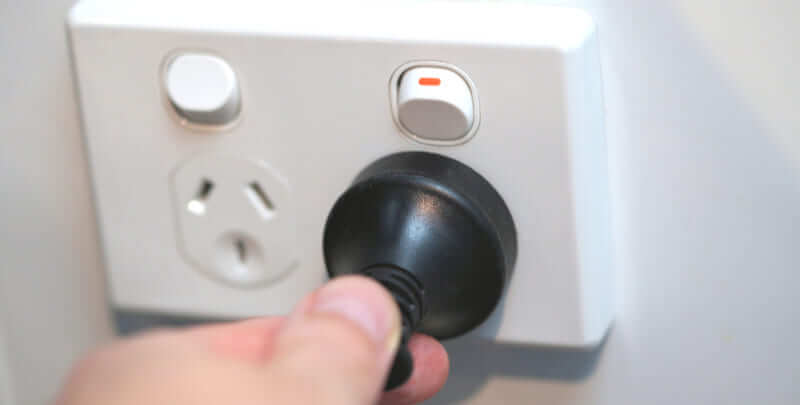What To Do When the Power Goes Out

A power outage can happen at any time, whether it’s caused by a storm, the power grid is down or a random fault is wreaking havoc. Knowing what to do when the power goes out is key to keeping your home safe and warm.
From keeping the freezer shut to stop frozen food from spoiling to protecting your devices from power surges, being prepared makes a big difference. Knowing how to handle the situation, including when to call a licensed electrician or use a battery backup means you’re ready for anything. These tips will help you stay safe, use your energy efficiently and minimise the disruption until the power returns.
Assessing the Situation Safely
When the power goes out, the first thing to do is safely assess the situation. Check if it’s confined to your house or extends across a broader area. You can pop outside and look at the street lights and other houses. You can also Google “extended power outages in my area” on your phone and see if there are any notifications of power issues in your suburb.
If you see fallen power lines, keep a safe distance and call emergency services immediately. If you have dull or flickering lights, be careful around any metal objects or surfaces. They may conduct electricity if there’s a fault.
If you experience tingles or shocks when you touch an electrical appliance, this could be a serious issue. In this case, turn off the power at the switchboard and call a licensed emergency electrician to come and inspect.

Your Essential To-Do List When You Lose Power
During a power outage, taking immediate action can keep your home and family safe. It can also prevent avoidable damage to your electrical appliances. Here are some critical steps to follow:
- Unplug appliances: Protect your electrical appliances and devices by unplugging them. The last thing you want is to lose them all to a surge when the power kicks back in.
- Keep the freezer closed: A full freezer will keep food frozen for up to 48 hours. Leave the door closed so the food doesn’t go off. And for the benefit of your refrigerated food, perhaps keep trips to the fridge at a minimum too.
- Use a battery-operated radio: Stay informed of emergency warnings and weather updates.
- Turn off lights and appliances: This will prevent a power surge when the power comes back on.
- Check the circuit breaker: Check that a tripped safety switch isn’t causing the outage.
- Use battery-powered lights: Safer than candles, battery lights will prevent fire hazards.
These will make a big difference during power outages. You’ll keep your home safe and minimise unnecessary disruption.
The Importance of Having Backup Power Sources
When you’re dealing with a power outage at home, using backup power can make a big difference. One that can help you keep essential functions like lighting and communication going.
A battery backup or generator will keep your mobile phone charged and power critical devices like a fridge or heating system. If you do use a generator though, always place it outside to prevent carbon monoxide poisoning and keep it away from windows or doors. Stock up on fuel and make sure you have enough batteries for your torch and battery-powered radio.
Keep your generator and backup systems regularly serviced so they’re always ready when you need them. These will keep you and your family members safe and comfortable, and food spoilage to a minimum, until the power comes back on.
Know When To Call A Professional
Knowing when to call a licensed emergency electrician during a power outage will save you headaches in the future.
If you have low voltage or a partial supply, flickering lights, or your circuit breaker or safety switch is tripping, it’s time to call in a pro.
These issues can indicate a deeper problem with your home’s wiring or electrical systems, either of which can be dangerous if you don’t get on top of it quick smart. A licensed electrician can safely inspect your switchboard, power points and wiring to make sure everything is working before the power comes back on.
Aside from the legal requirement to use a licensed electrician, it’s just always better to be safe than sorry and avoid the risk rather than trying to fix complex issues yourself.

Preparing for Future Power Outages
Being prepared for future power outages will make them much easier. Here’s what to do:
- Get an emergency kit: Include a battery-powered radio, extra batteries, torch and non-perishable food.
- Service your generator: Keep your generator well-serviced and make sure you have fuel on hand.
- Stock up on water: Have enough bottled water for drinking and daily use especially if you have an electric pump.
- Charge your devices: Before severe weather charge your mobile phone and power banks.
- Store extra blankets and warm clothes: These are especially useful if the power goes out in winter.
With a little planning, you can get through an unexpected power outage smoothly and keep your family safe and comfortable.
Be Prepared and Power Through
Power outages can be a hassle but with the right steps you can keep your home safe and your family comfortable until the power comes back on.
Remember to unplug appliances, keep the freezer closed and use a battery-powered radio for updates. Being prepared with an emergency kit, and a battery backup. Having the phone number of a licensed electrician on hand also makes a difference.
These simple steps will prevent damage to your electrical appliances and keep everyone safe. Power outages don’t have to be a big deal – with planning you can take control and manage any situation.
Please note: Thanks for reading our blog “What To Do When the Power Goes Out”. This information is provided for advice purposes only. Regulations differ from state to state, so please consult your local authorities or an industry professional before proceeding with any work. See After Hours Electrical’s Terms & Conditions here.
